Texans Continue to Fight Against Federal Ruling, Which They Claim Violates Second Amendment Laws
Firearm suppressors are supposed to be legal in Texas. But the Bureau of Alcohol, Tobacco, Firearms and Explosives (ATF) has been keen on enforcing federal regulations on these Texan weapon suppressors.
The state of Texas and its citizens are fighting back all the way to the Supreme Court. The case’s outcome will have a significant influence on Second Amendment rights all over the country.
The Texas House Bill 957
Texas House Bill 957 (HB 957) sought to exempt suppressors produced and used within the state from federal regulations. Basically, the law made silencers legal — as long as they stayed in Texas.

Source: Kyle Glenn/Unsplash
After all, the state argued, these items were made and sold exclusively within Texas. Since it has nothing to do with interstate commerce, it should not be under the ATF’s jurisdiction.
Defining Suppressors
What are suppressors, anyway? Another common word for it is ‘silencer,’ which is a cylindrical object attached to the barrel of a weapon.
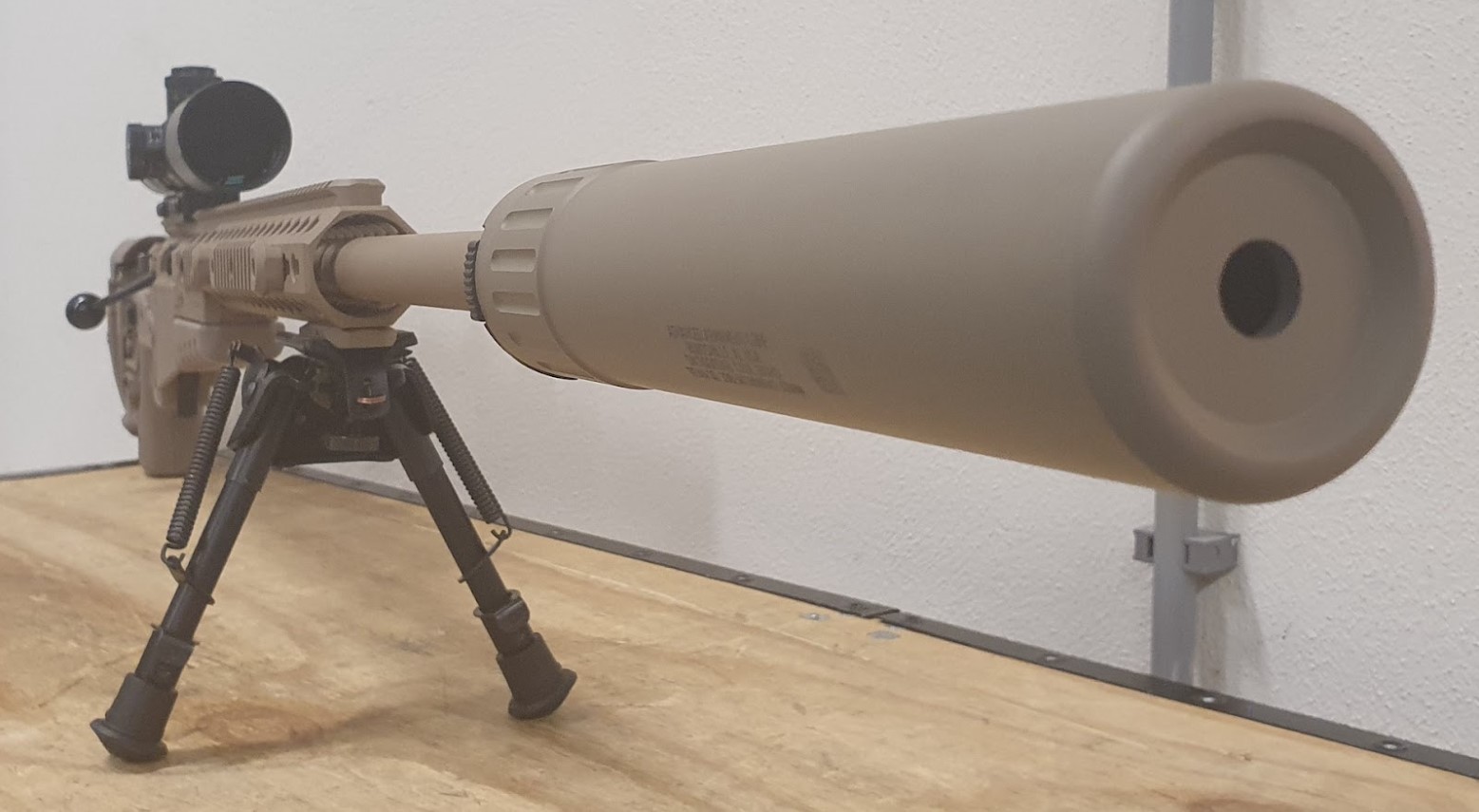
Source: Dutch Ministry of Defense/Wikimedia Commons
As a gun user pulls the trigger, the gases that propel the bullet out of the barrel are diverted through small holes. This ultimately allows the user to lower the sound each time the weapon is fired.
The Purpose of Silencers
Despite the name of ‘silencer,’ suppressors don’t silence the shot at all. Instead, it muffles the noise so that it’s not easily heard.
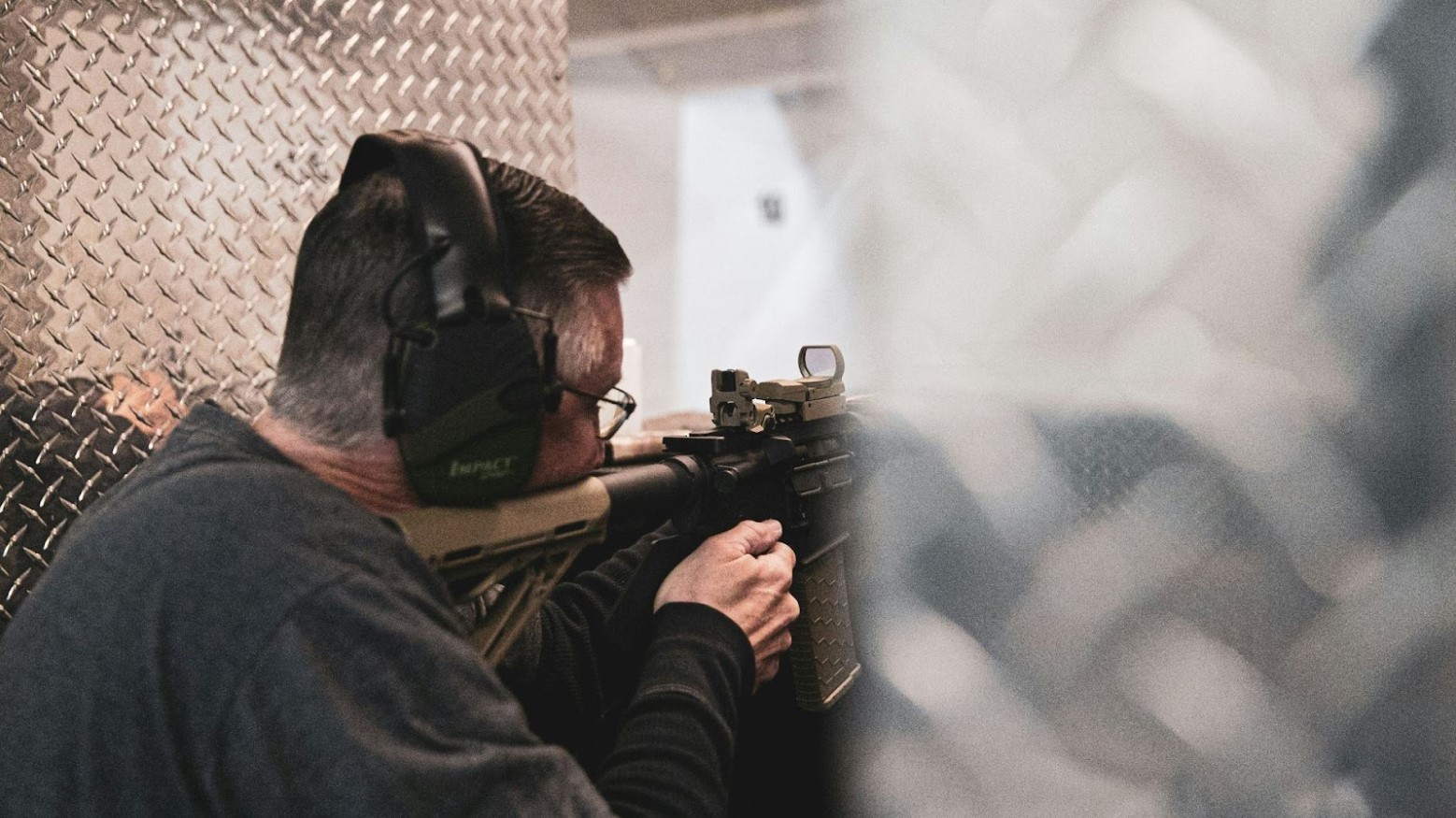
Source: LOGAN WEAVER | @LGNWVR/Unsplash
The noise reduction can protect the shooter’s ears from damage from excessive sound. A suppressor can ‘silence’ a gun from a range of 140-165 decibels to only 30-40 decibels.
Texas vs. the ATF
Ever since HB 957 was signed into law by Governor Greg Abbott in June 2021, the ATF issued warning letters that threatened the enforcement of federal rules against these made-in-Texas suppressors.

Source: World Travel & Tourism Council/Wikimedia Commons
The ATF continued to insist that owning a suppressor or a silencer still required registration, per the National Firearms Act (NFA).
Potential Legal Trouble For Unregistered Suppressors
Possessing an unregistered suppressor or silencer, even one made in Texas, could still lead to criminal prosecution on a federal level.

Source: Freepik
According to Texas laws, it might even result in hefty fines of up to $10,000 for each unregistered suppressor. In the worst-case scenario, the accused could end up with prison time.
Suing the ATF
Several Texas residents asked the Office of the Attorney General to seek a court order on their behalf to ensure they had the right to own a suppressor in the state.
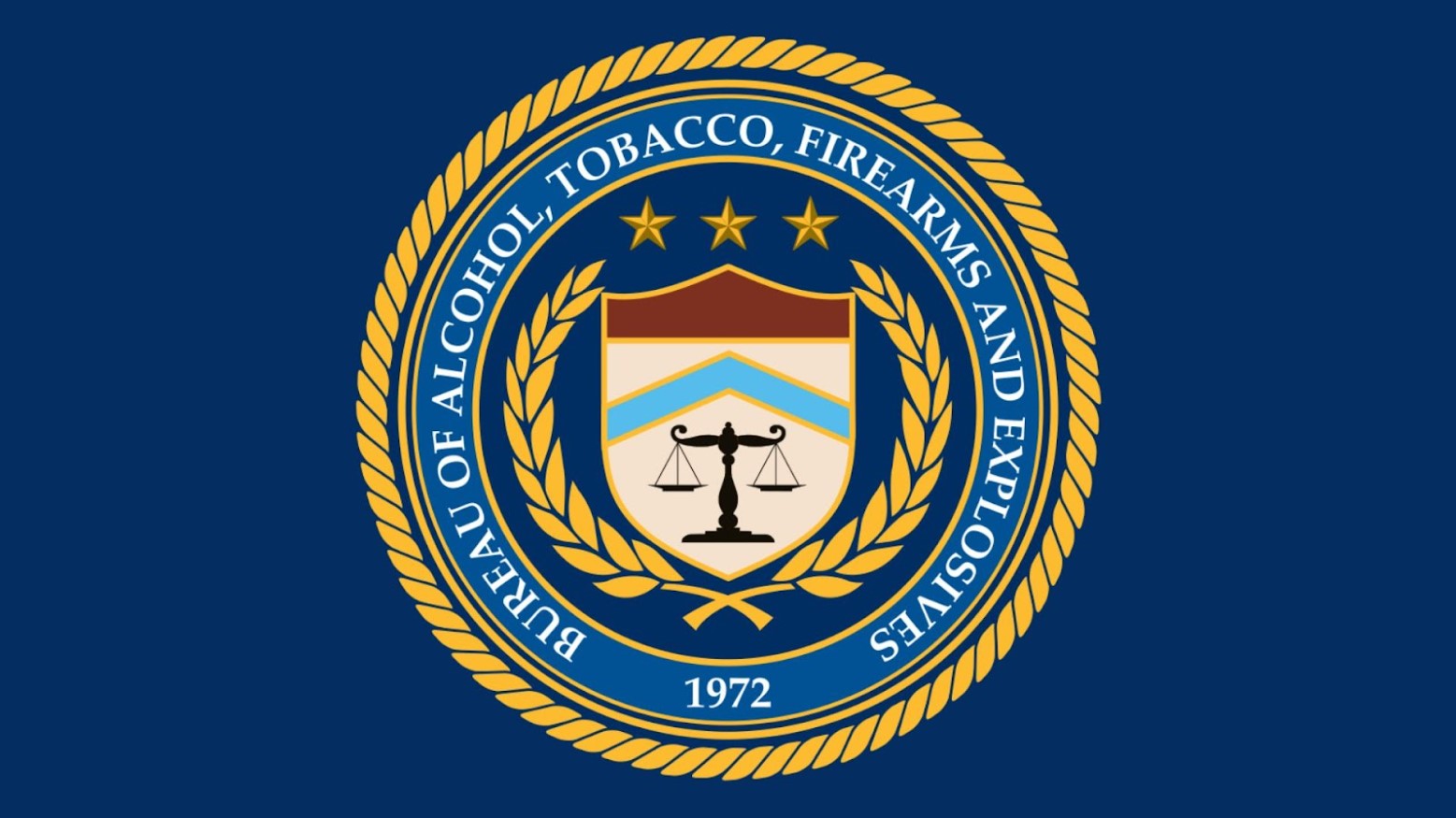
Source: United States Federal Government/Wikimedia Commons
Then, Attorney General Ken Paxton agreed and filed a lawsuit. The first motion to dismiss was brought in October 2023.
Second Amendment Doesn’t Apply to Suppressors, Says DOJ
The Department of Justice had countered by saying the Second Amendment didn’t apply to suppressors.

Source: Kent Nishimura/Getty Images
At first, Federal Judge Mark Pittmann allowed the lawsuit to go ahead. But then he ruled against Texas, dismissing the lawsuit for lack of standing.
The Judge’s Dismissal
Judge Pittman in his ruling questioned the state’s authority to step in on behalf of the people who wished to produce suppressors, as well as the circumstances under which they requested relief.

Source: Tingey Injury Law Firm/Unsplash
The plaintiffs didn’t attempt to make suppressors or show a lawful concern over being prosecuted by the federal government, Pittmann thought. They also didn’t apply for suppressors or show that doing so would violate their constitutional rights by requiring them to pay tax. Hence, the dismissal.
No Fear of Being Prosecuted
During his ruling, Pittman acknowledged that the Federal Government has a history of prosecuting individuals who possess unregistered suppressors.

Source: Kindel Media/Pexels
However, as none of the Texas plaintiffs admitted to having an unregistered suppressor at their home or anywhere in their possession, there was no chance they could be prosecuted.
Federal Judge Releases Statement
“Individual Plaintiffs are correct that the government has a history of prosecuting the illegal possession of unregistered silencers. But these Plaintiffs have adduced no evidence that they, in fact, possess any illegal silencers — or otherwise attempted any prohibited conduct,” said Pittman.

Source: Wikimedia
“Nor have they shown that they have been threatened with prosecution or that it is likely. And our doctrines of criminal law forbid convicting persons for mere thoughts, desires, or motives,” he wrote.
The State Can No Longer Intervene
According to reports, the state can no longer bring forth another lawsuit on behalf of Texans following Pittman’s ruling. He suggested that no constitutional rights are being breached, so there is no reason for the state to intervene.

Source: Pete Alexopoulos/Unsplash
“By its own words, Texas seeks to protect the ability of its individual residents to make firearm silencers at home,” he wrote.
Supremacy Clause of the Constitution
Pittman finished by explaining that the final say would ultimately be determined by the Supremacy Clause of the Constitution.

Source: Freepik
“The only purported link between the State of Texas and the (Gun Control Act) regime is Texas’s state statute ‘exempting’ silencers from the operation of federal law. And the Supremacy Clause of the Constitution determines the winner of that duel.”
Appealing to the Fifth Circuit
However, this wasn’t the end of the lawsuit. After this dismissal, Texans decided to bring forth the lawsuit themselves and appealed to the Fifth Circuit Court of Appeals, seeking a reversal of the dismissal.
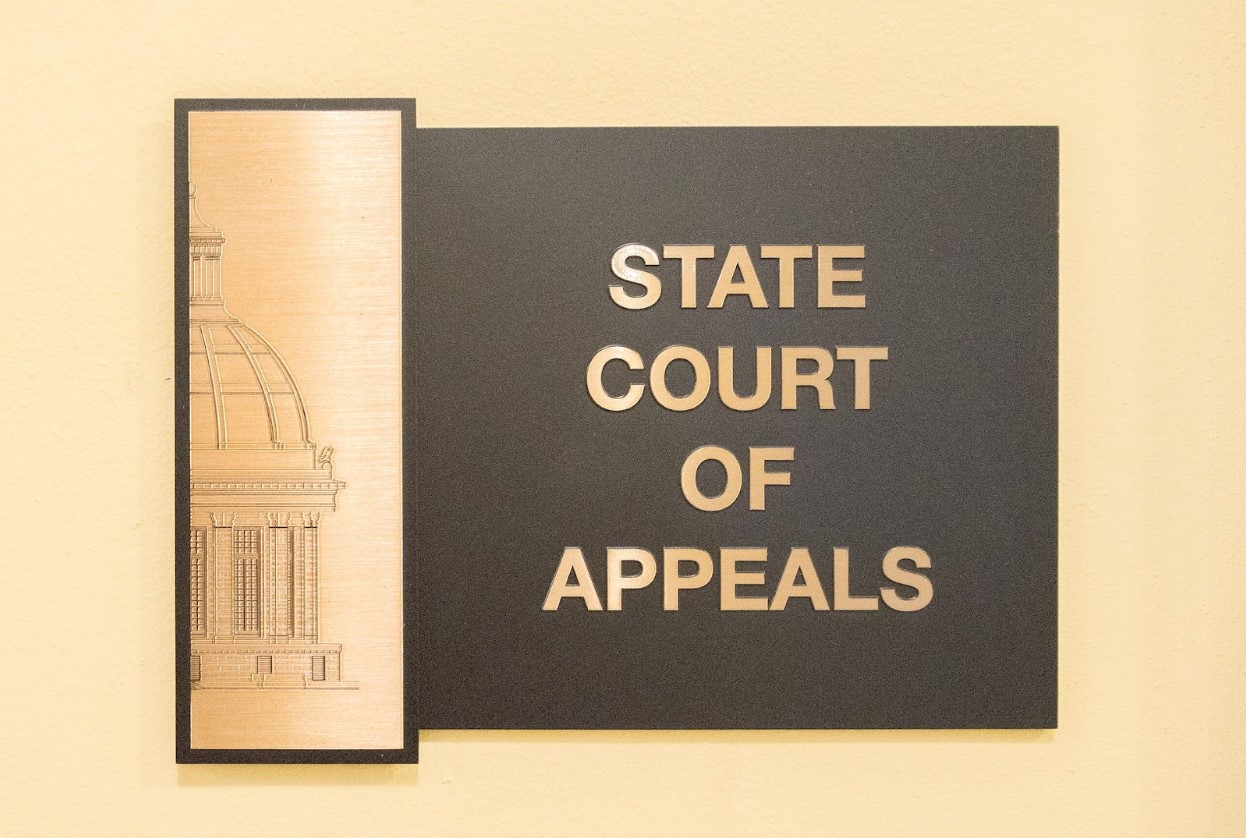
Source: Patrick Feller/Wikimedia Commons
This appeal is a significant move in the legal battle, which could potentially reshape regulations for suppressors in the U.S.
Fifth Circuit Typically Rules in Favor of the Second Amendment
The Fifth Circuit has been known in the past for ruling favorably on Second Amendment cases.
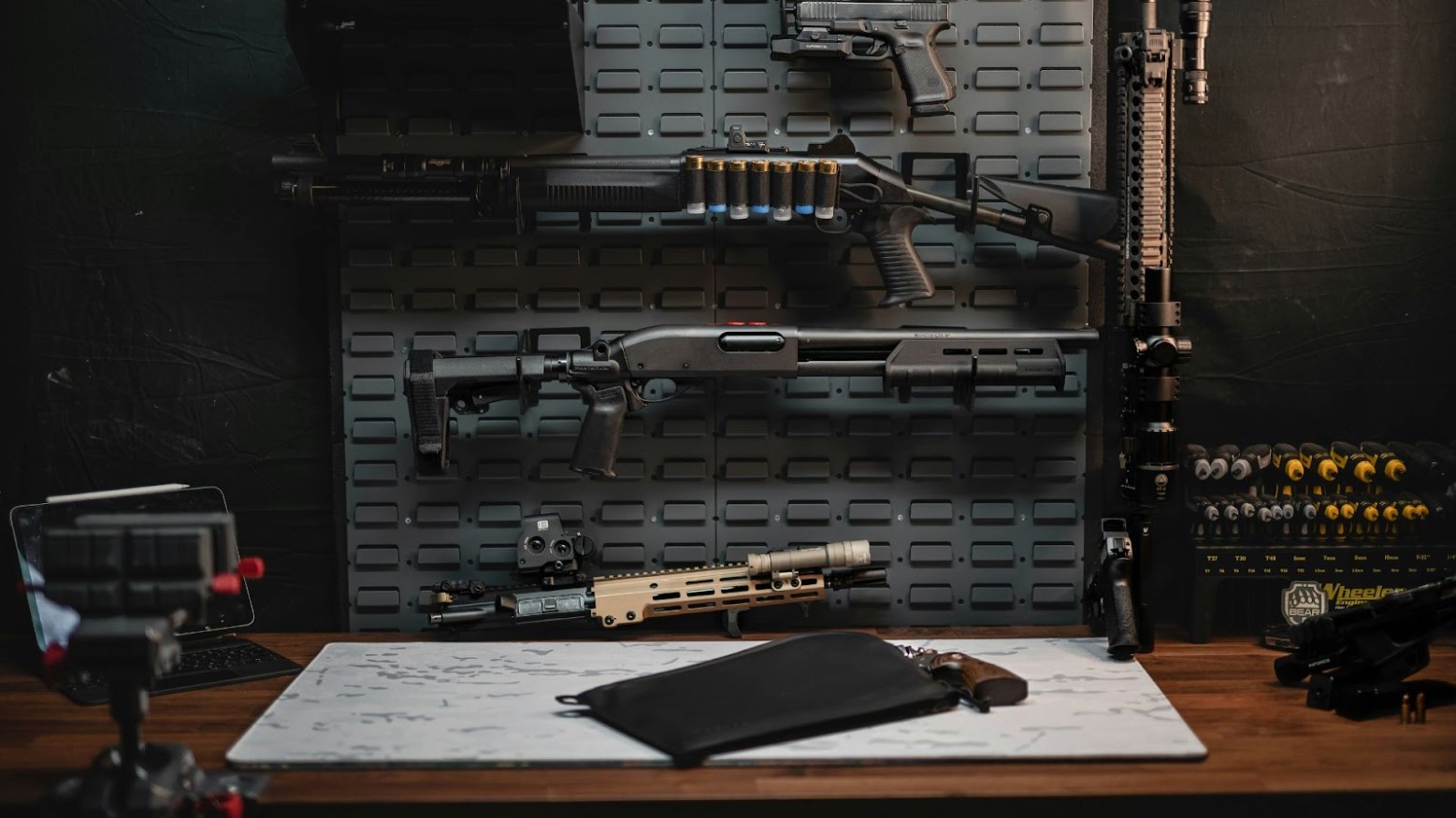
Source: Thomas Tucker/Unsplash
Therefore, its decision will determine whether Texas-made suppressors can truly fall outside of the federal jurisdiction and the NFA, and it will ultimately decide whether Texan can freely own and use the weapon attachments within the confines of the state.
Standing and Constitutionality
The legal process is ongoing, with oral arguments made before a three-judge panel consisting of three conservative appointees.

Source: Zachary Caraway/Pexels
The arguments focused on whether the plaintiffs had standing to bring the lawsuit. It also touched on the constitutionality of subjecting state residents to federal registration requirements for suppressors made and retained inside that state.
Implications for Second Amendment Rights
The outcome of this case — now called Paxton v. Deach (formerly Paxton v. Richardson) — would definitely have a major impact on Second Amendment rights, particularly in regulating firearms accessories.
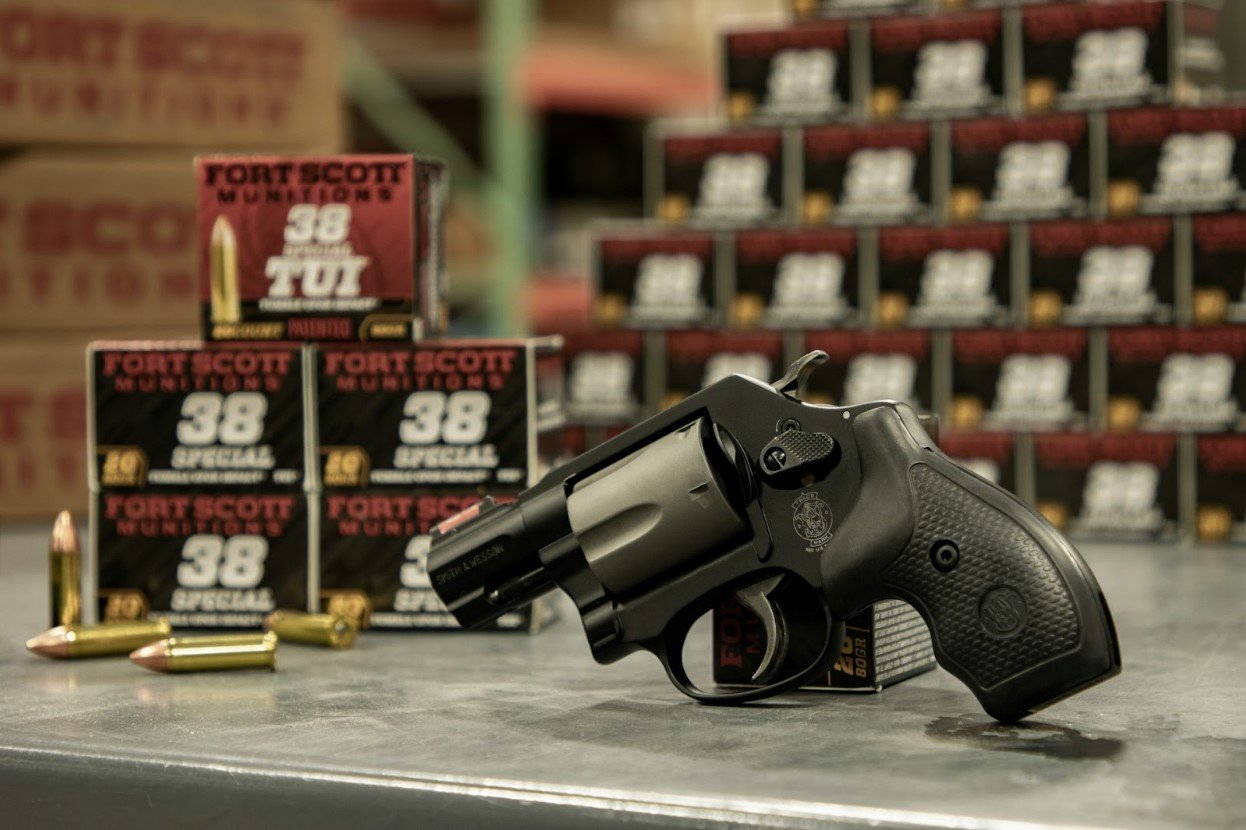
Source: seeetz/Unsplash
If Texas wins at the appellate court, it would have implications in how suppressors are regulated all over the country, not just in the state. And perhaps this is what the ATF is concerned about: the regulations changing.
Chances Are 50-50
Texas’ chances of winning the appeal are probably 50-50. The oral arguments suggested a potential federal government victory based on standing issues.

Source: Ray Shrewsberry/Unsplash
However, the conservative panel does give room for hope among the Second Amendment advocates. Whatever the result, this case will likely shape future cases, arguments and debates over firearms regulations and individual rights.
Texans Must Continue to Pay Tax For Now
Until the final decision is made on the case, Texans who wish to use suppressors on their weapons must continue to pay the $200 tax.

Source: Enrique Macias/Unsplash
They must follow the entire process of filling out a lengthy application, complete a background check, and wait around ten months for approval from the ATF.
US Court of Appeals Set to Block Texas’ Challenge
According to a Bloomberg report, The US Court of Appeals appears set to block Texans’ challenge to remove federal restrictions on possessing suppressors.
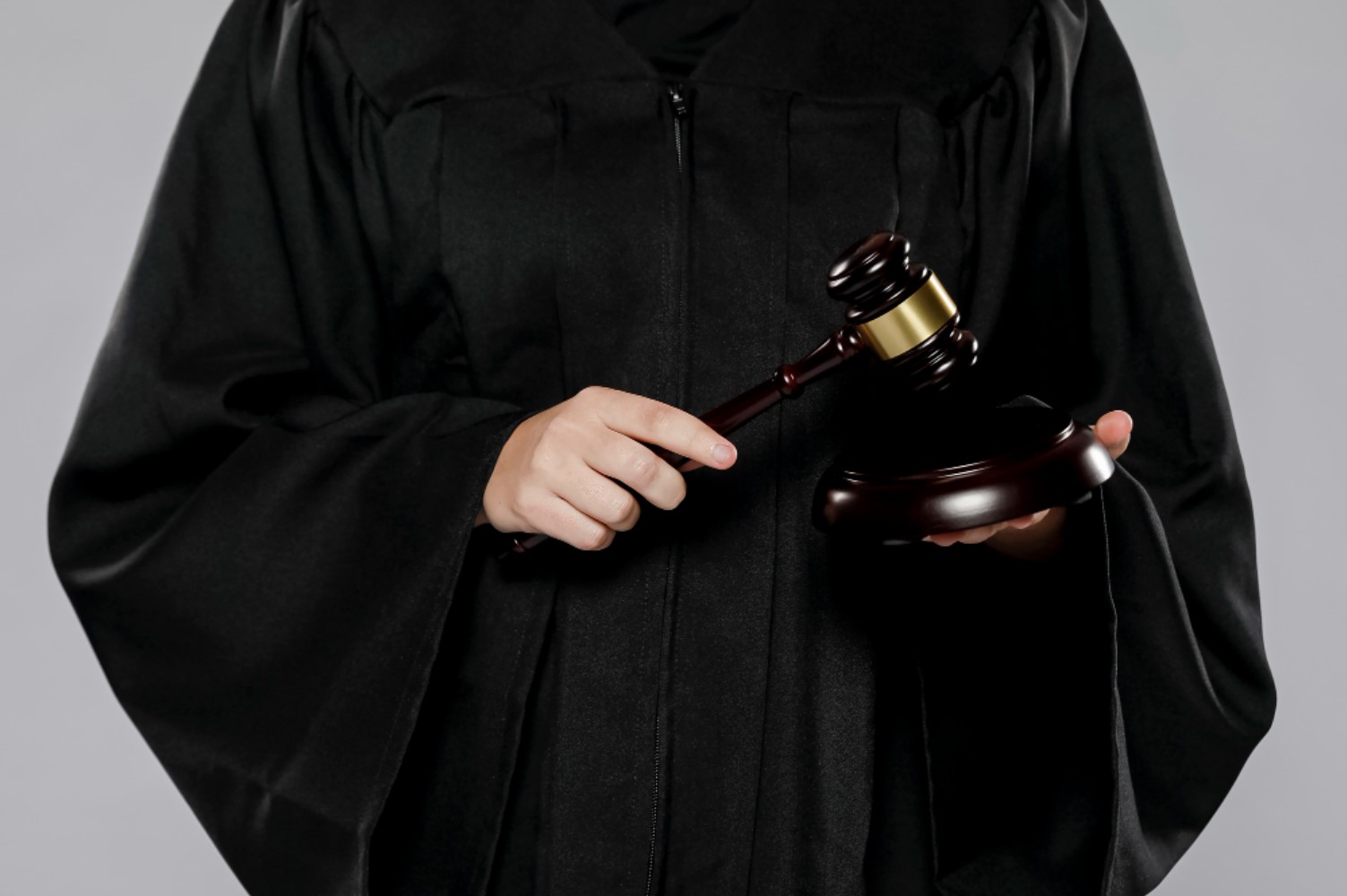
Source: Wikimedia
The three-judge panel appeared skeptical of the individuals who argued they should be allowed to make silencers without paying a tax. Nor did the judges believe the state had any reason to be involved in the case.
The Second Amendment Debate … Again
And so the Second Amendment debate goes on … again. This case certainly underscores the tension between federal firearms laws and states’ rights.
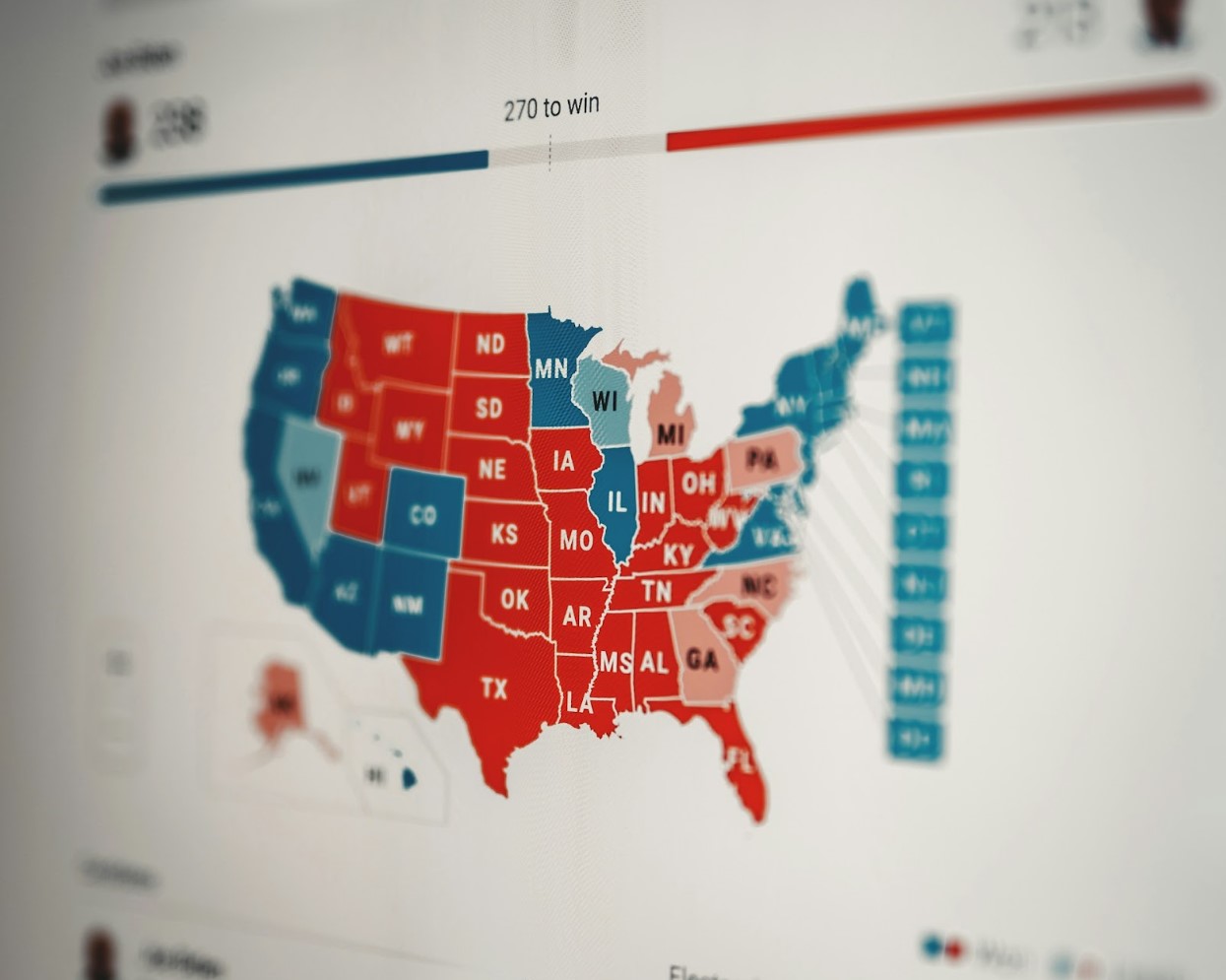
Source: Clay Banks/Unsplash
Texas is certainly not the only state engaged in a legal battle against the ATF in court. Yet, the case does highlight the difficulties that appear when it comes to state vs. federal cases.
States File Lawsuits Against ATF
Early in May, 26 U.S. states filed three separate lawsuits against the ATF’s new rule, which redefined who is “engaged in the business” of dealing in firearms.

Source: Freepik
Although the case is not the same as the Texan-made suppressors, this particular one shows a worrying tendency of a possible “federal government overreach.”
NRA Applauds States
Following the announcement of the collective lawsuits, The National Rifle Association issued a statement writing, “The NRA applauds the coalition of States for boldly challenging the Biden Administration’s rogue ATF, which has relentlessly assailed Second Amendment rights.”
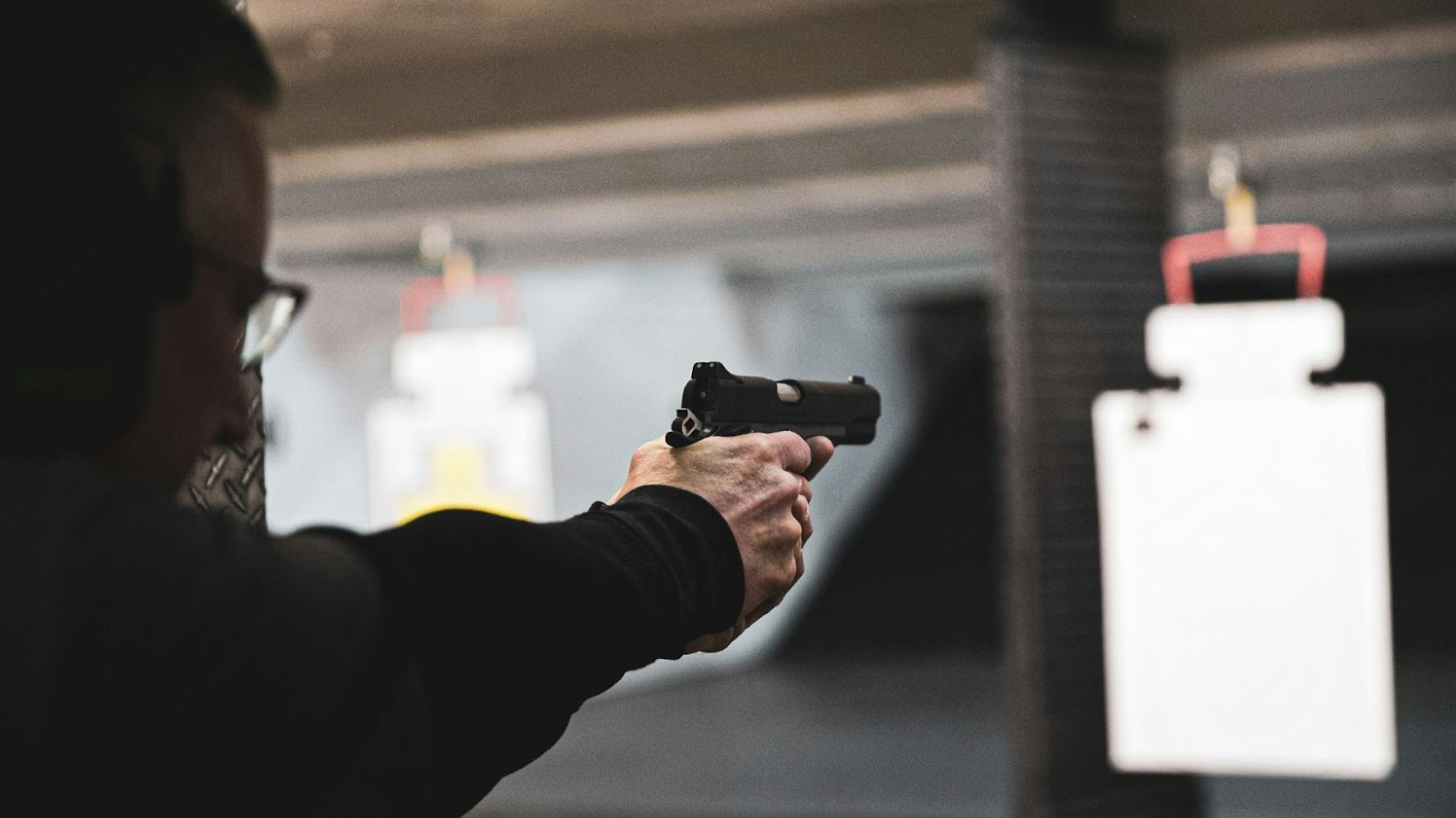
Source: LOGAN WEAVER | @LGNWVR/Unsplash
They continued, “Undeterred by having three of its most recent Rules restricting gun rights invalidated by federal courts, the ATF’s new Rule restricts Americans’ rights to sell even a single firearm. The ATF has exceeded its authority once again, and we expect that this new Rule will be invalidated as well.”
Individual Rights vs. Government’s Overreach
An overreach is not to be underestimated — not when there’s already a debate between individual rights and government overreach that cropped up when a DOD employee wanted the National Guard to confiscate all firearms in the country.

Source: Alex Radelich/Unsplash
Certainly, it must be a source of frustration for Second Amendment supporters who feel their rights are being violated. And it does bring up the question: Where do you draw the line between an individual citizen’s rights and the government’s role in its citizens’ lives?
